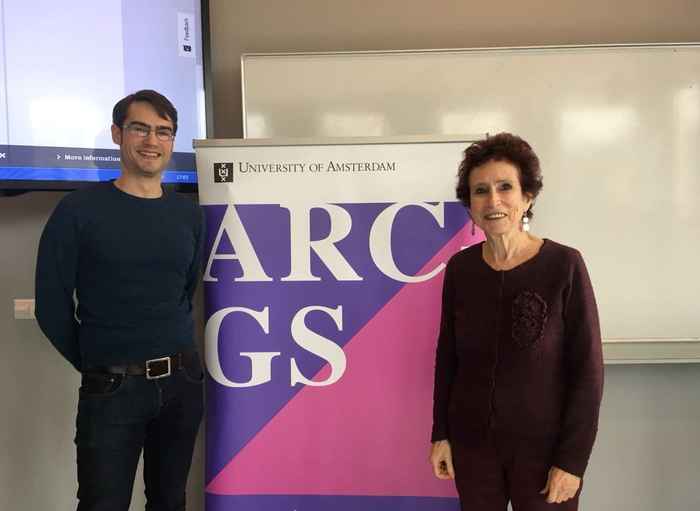Gender, class and family migration in Europe - Lecture by Professor Eleonore Kofman (Middlesex University, London)
By Simone Schneider
Restrictions on family migration, such as minimal income requirements, were increased within the last decades in various European countries. Those restrictions do not, however, lead to equal limitations of mobility of all individuals but depend on their interplay with other categories, such as class and gender. In her lecture, Prof Eleonore Kofman demonstrated the varying impacts of increased family migration and reunion restrictions in Europe with regards to gender and class.
